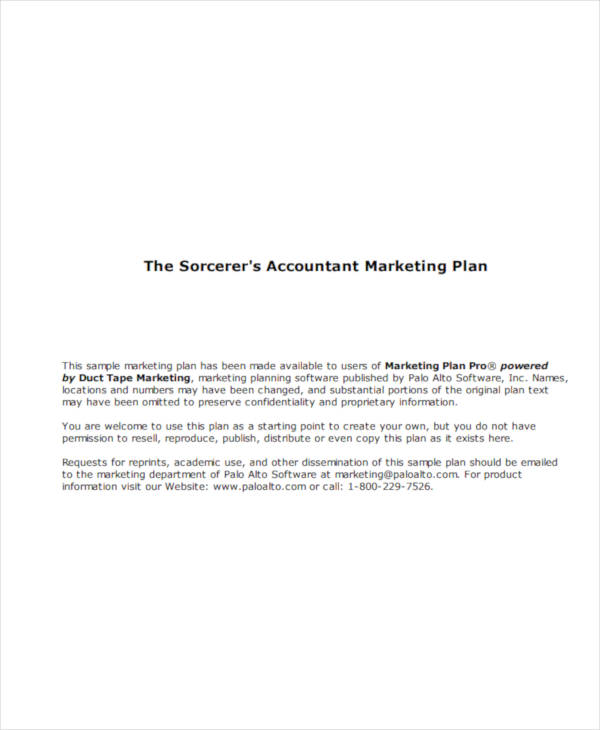

A dedicated political intriguer, McMahon was labelled “Tiberius at the telephone” by Whitlam. The Labor leader wrong-footed a Coalition drifting after a narrow Liberal Party-room vote for William McMahon to replace John Gorton as leader. It emerged that Richard Nixon’s National Security Adviser, Henry Kissinger, had also held a meeting with Zhou as preparation for the president’s historic China visit in early 1972. Four days after meeting Chinese premier Zhou Enlai, the visit turned into a political ace. Whitlam led a Labor delegation to China, and included journalist Eric Walsh, who reported on the visit for the Financial Review. Meanwhile, the two themes of the first half of the ’70s – Labor’s prospects of coming to power and engagement with China – intersected early when Labor leader Gough Whitlam shrugged off party insiders’ fears that pre-election engagement with China would jeopardise electoral prospects and revive “reds-under-the-beds”-style attacks. Forecasts that world iron ore demand would double over the decade, requiring an annual 7 per cent increase in production, were plentiful.Įric Walsh, reported on Whitlam’s China trip for the Australian Financial Review. Japan’s 10 per cent-plus annual economic growth rate put a rocket up Australian mining, particularly iron ore. Australia’s engagement with a rapidly changing region was a theme of the times.īy the early ’70s, Japan accounted for 25 per cent of Australian exports, while Britain’s share was 12 per cent. Later, the Financial Review’s chief political correspondent, Max Walsh, reported that Treasury planned to send officials to Tokyo to discuss raising a yen-denominated loan in Japan. Continuing the Asia-link narrative, the same edition noted BHP was involved with Nippon Steel in developing South Korea’s first integrated steel mill.

Two days after the 1971 China wheat sales story, the Financial Review ran another front page item forecasting huge salt exports to Japan from Western Australia, on top of booming iron ore exports from the state’s Pilbara region.
#Palo alto marketing plan pro 11.0 plus#
Now Australia’s exclusion anxiety just about covers all our exports to Xi Jinping’s Middle Kingdom, plus the threat of war between China and the US over Taiwan. Half a century later and China remains the big unknown.ĭeja vu also permeated the next paragraph that speculated Australia could be excluded from further wheat sales to China. In fact, The Australian Financial Review’s first edition in 1971 splashed with a story saying the Australian Wheat Growers’ Federation faced “the big unknown” of “how much (wheat) communist China will buy this year”. Markets weathered the mining boom as the mining industry itself discovered new uranium and bauxite deposits. Spiralling inflation, soaring interest rates, low growth, rising unemployment, oil price explosions and political turmoil brought the postwar boom to a shuddering end.Īmid the disruption, business became more sophisticated, particularly in areas such as transport. But stagflation as well as cabinet and constitutional crises buffeted the Lucky Country. National Archives of Australiaįor some it was a time of hope.


 0 kommentar(er)
0 kommentar(er)
